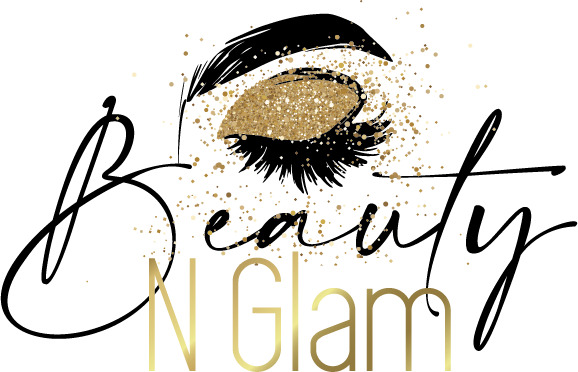Butylene Glycol
It's no secret that the beauty community has a tendency to take part in "cancel culture" when it comes to ingredients that we used to love (or at the very least, be okay with) and, when backed by science, this is rightfully so—our skin, a permeable gateway to our bodies, is precious and should be treated with the utmost care. One ingredient largely being dropped from product formulas as a result of the backlash is propylene glycol, and alternative ingredients are rising to take its place. Enter: Butylene glycol, a slightly larger chemical compound, which is found to be far less irritating.
With expert insight from Morgan Rabach, MD, a board-certified dermatologist and co-founder of LM Medical in NYC and cosmetic chemist Ron Robinson of BeautyStat.com, we take a further look into the pros and cons of butylene glycol to figure out why it's used as a substitute for propylene glycol.
TYPE OF INGREDIENT: Humectant, solvent, and emollient
MAIN BENEFITS: Retains moisture, dissolves ingredients, and improves application.
WHO SHOULD USE IT: In general, anyone looking for a way to effectively moisturize their skin.
HOW OFTEN CAN YOU USE IT: Butylene glycol is safe for daily use for those who do not have an allergy to it or very sensitive skin.
WORKS WELL WITH: As a solvent, butylene glycol works well with ingredients that are not water-soluble and are difficult to dissolve.
DON'T USE WITH: Butylene glycol works well with most, if not all, ingredients.
What Is Butylene Glycol?
Butylene glycol is an organic alcohol derived from petroleum and is water-soluble. For cosmetic purposes, it comes in a liquid form and is found in countless skincare products such as cleansers, moisturizers, and masks, as well as makeup and haircare products. Butylene glycol has many different roles in skincare formulations (it's a humectant, solvent, and emollient) and is used as an alternative to the more commonly known controversial ingredient propylene glycol.
Benefits of Butylene Glycol for Skin
As a multifunctional ingredient in cosmetics, butylene glycol does a little bit of everything:
-
Attracts water: Robinson says butylene glycol is a humectant, which means it binds water and pulls in hydration to the outer layer of the skin.
-
Enhances penetration: By breaking down hard-to-dissolve active ingredients, butylene glycol improves penetration, which, as a result, helps the product perform more effectively.
-
Conditions and smooths: In addition to being a humectant, butylene glycol may also function as an emollient by creating a barrier on the skin, which prevents water loss and softens and conditions.
Butylene Glycol vs. Propylene Glycol
Since both of these ingredients are derived from petroleum products, available in the form of a colorless liquid, and used in product formulations for the same reasons, it's easy to get them confused. According to Robinson, butylene glycol and propylene glycol are in the same class of compounds and function similarly as well. However, Robinson says unlike butylene glycol, propylene glycol is considered to be much more irritating to consumers. In fact, propylene glycol was even named the American Contact Dermatitis Society's Allergen of the Year in 2018. For that reason, he says many brands have removed it from their formulas and turned to alternatives, such as butylene glycol, instead.
What you've heard about both ingredients being used in antifreeze is true, but neither is considered to be toxic (unlike another closely related ingredient that is also used in antifreeze called ethylene glycol—this ingredient is considered to be harmful and should definitely be avoided). Despite concerns and skepticism around butylene and propylene glycol, the EWG rates propylene glycol at 3 out of 10 (10 being the most hazardous) on their “danger scale” and butylene glycol at the lowest possible hazard rating: 1.
Side Effects of Butylene Glycol
It's important to note that just because an ingredient is derived from petroleum doesn't automatically make it dangerous to use. In its final chemical structure form, butylene glycol is considered safe for cosmetic use. Studies show that butylene glycol is an ingredient with low-levels of irritation, and the occurrence of allergic contact dermatitis is rare, although still a possibility. It can be irritating to people with very sensitive skin, and these skin types should avoid this ingredient if it leads to allergic rashes, according to Rabach and Robinson. If you do experience irritation or an itchy rash, discontinue use of the product and consult a physician. With formal patch testing, your dermatologist or allergist can determine if butylene glycol is the cause of your reaction.
How to Use It
Because butylene glycol is such a versatile ingredient and is found in so many products, there isn’t one certain way to apply it. In general, Rabach says butylene glycol is safe for daily use. As far as when to use products containing the ingredient, how often to use it, or how much should be used, consult your dermatologist or follow the directions specified on the product label.
